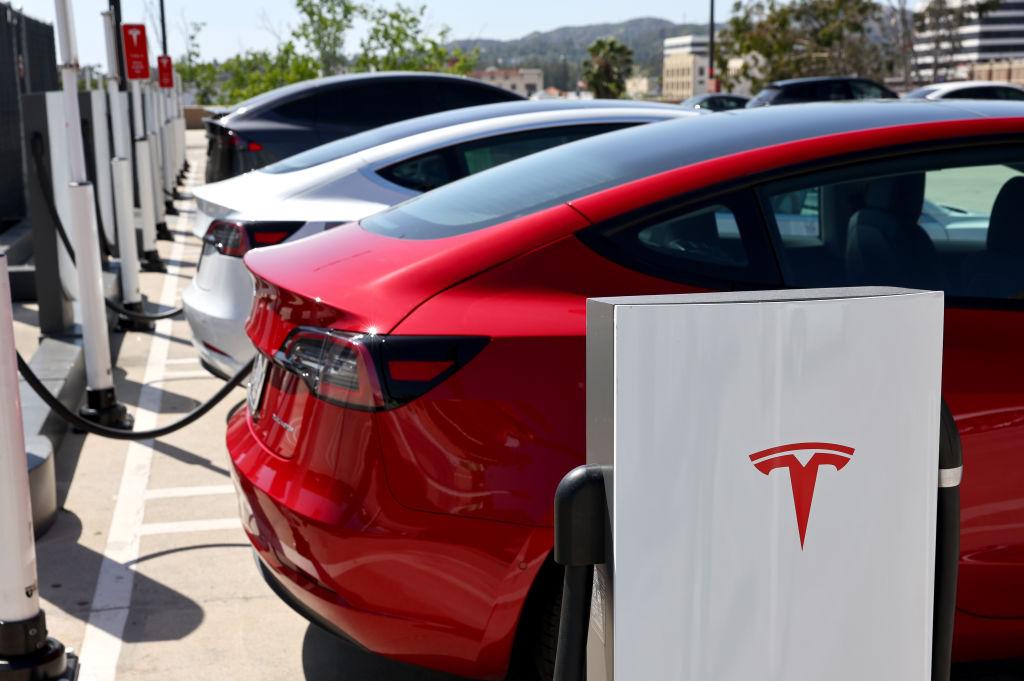Former Australian Chief Scientist Alan Finkel said humanity was undertaking an age defining transformation of energy systems in its global push to net-zero.
“So substantial that in the naming traditions of the stone age, the iron age, the bronze age, and the industrial age, it could be argued that we are entering the electric age,” Finkel told the Australian Hydrogen Council on Tuesday.





